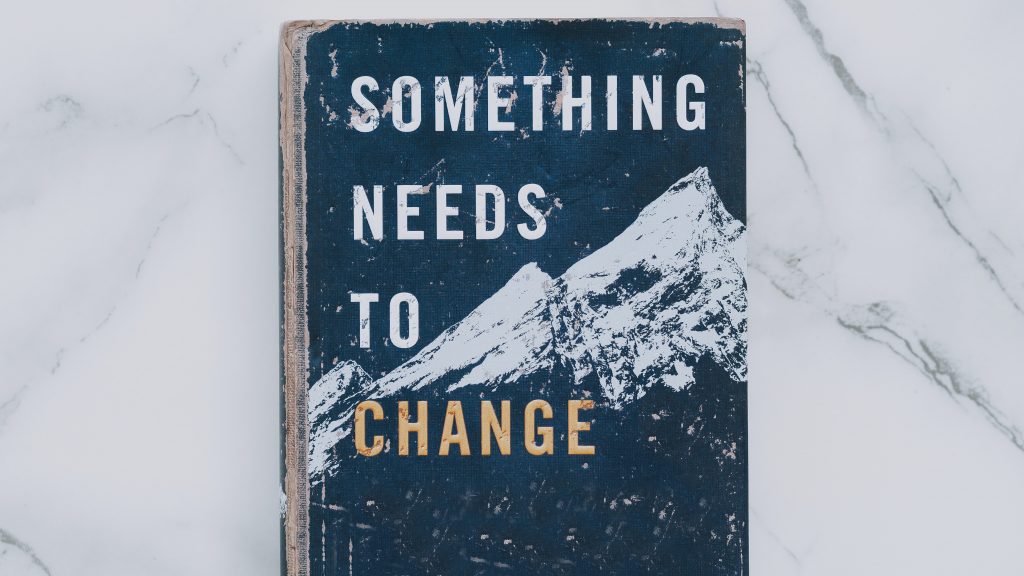Services
Anxiety
As human beings we are built with an innate capacity to survive. Our Nervous System reacts to danger or threat by activating our Stress system survival defences of fight, flight or freeze.
Anxiety is a normal feeling that everyone experiences to many stressful situations which can help us prepare for challenges such as exams, interviews, socials occasions etc.
What triggers one person’s anxiety may not create the same response in someone else.
Anxiety is an everyday feeling. But it can become a problem when there is no obvious reason for it. Or when anxious feelings persist for more than a couple of weeks.
How anxiety affects you
Individual symptoms of anxiety are things we all experience from time-to-time.
If you experience more than one of the following, over a couple of weeks or longer, you may need some extra support.
Physical effects of anxiety
- Dry mouth and/or difficulty swallowing
- Nightmares
- Difficulty getting to and staying asleep
- Poor concentration
- Muscle tension and headaches
- Rapid heart rate and breathing
- Sweating or trembling
- Diarrhoea
- A flare-up of another health problem or illness (for example, dermatitis, asthma)
- Sexual problems, such as not having any sexual feelings or no interest in sex
Some common ways anxiety can affect your behaviour and feelings
- Irritability or always being in a bad mood
- Having a strong urge to avoid situations that could trigger your anxiety
- Worry or always feeling that something bad is about to happen
- Asking a lot of needless questions and needing constant reassurance
- Being a perfectionist
- Being pessimistic and focusing on what may go wrong in any given situation
When worries, fears, feelings of dread (or at worst panic attacks) are overwhelming, disruptive, recurring and start to get in the way of your life, it may be time to access some support.
HOW CAN THERAPY HELP ME?
Working together, I can assist you to self-reflect: to identify, understand and address the source of your anxiety, to learn self-soothing techniques to use in the future; and to make lifestyle adjustments to help relieve your anxiety. Our aim will be for you to regain control of your life.


Bereavement
“Grieving is intensely personal, influenced by social and personal norms and affected by factors such as: Cultural, religion and rituals, kinship, age of deceased, relationship, cause of death and whether type of death was sudden, expected and/or seen as preventable” (PABS, 2017 p. 26). Therefore no two people grieve the same way, grief is unique, like your finger print.
I provide Bereavement Counselling to adolescents and adults. My aim is to provide a warm, caring, respectful approach in a welcoming, comfortable and safe space. I provide person centred Bereavement counselling meeting clients where they are at in their grief process.
The focus of the therapy is on the clients loss, my task is to support and resource clients on their grief journey whether it’s a new or old loss.
Trauma
Trauma is the response to a deeply distressing or disturbing event that overwhelms an individual’s ability to cope, causes feelings of helplessness, fear, confusion, diminishes their sense of self and their ability to feel the full range of emotions and experiences.
Most people will experience a traumatic event at some point in their lives however there is no criteria to determine which events will cause post trauma symptoms. The circumstances typically involve the loss of control, betrayal, abuse of power, helplessness, pain, confusion and/or loss. Traumatic events such as a car accident, sexual assault, abuse or neglect, the sudden death of a loved one, a violent criminal act, domestic abuse and the current Pandemic are examples of events that could potentially lead to post trauma symptoms. However traumatic situations that cause post traumatic symptoms vary quiet dramatically from person to person. It is very subjective and it is important to bear in mind that is is defined more by it’s response than it’s triggers.
Symptoms of Trauma
Some people may continue to feel afraid, hyper-vigilant, anxious, numb or depressed longer after the danger has passed.
- Avoiding specific locations, sights, situations and sounds that serve as reminders of the event
- Anxiety, depression, numbness, guilt, Sadness, denial, shame or feeling terrified
- Intrusive thoughts, flashbacks, sleep disturbances or nightmares
- Anger, irritability and hyper-vigilance
- High risk behaviours, suicidal thoughts and self-harm
- Difficulty with relationships, emotional outbursts
- Loss of interest in activities that were once considered enjoyable
- Difficulty remembering details of the distressing event
I have a particular interest in the area of trauma and completed a training in 2019 with Sensorimotor Psychotherapy Institute. I work with clients using lens from neuroscience and attachment research, exposure therapy to help with desensitization, Cognitive Behavioural Trauma Therapy, Somatic therapy, parts language and animal defense survival responses to process traumatic memory, understand survival responses and emotional dysregulation.

